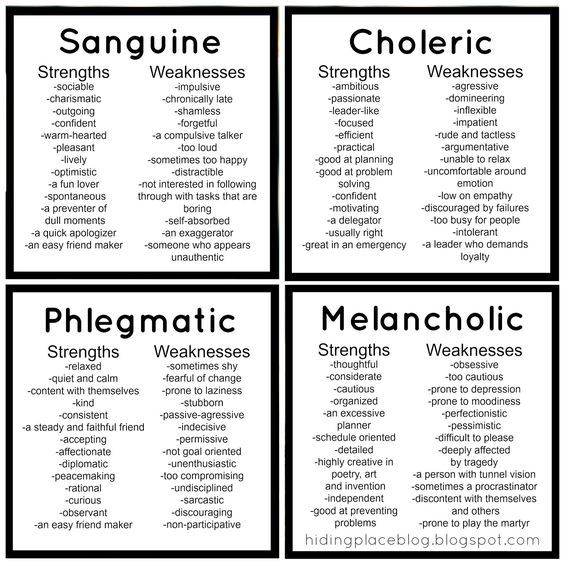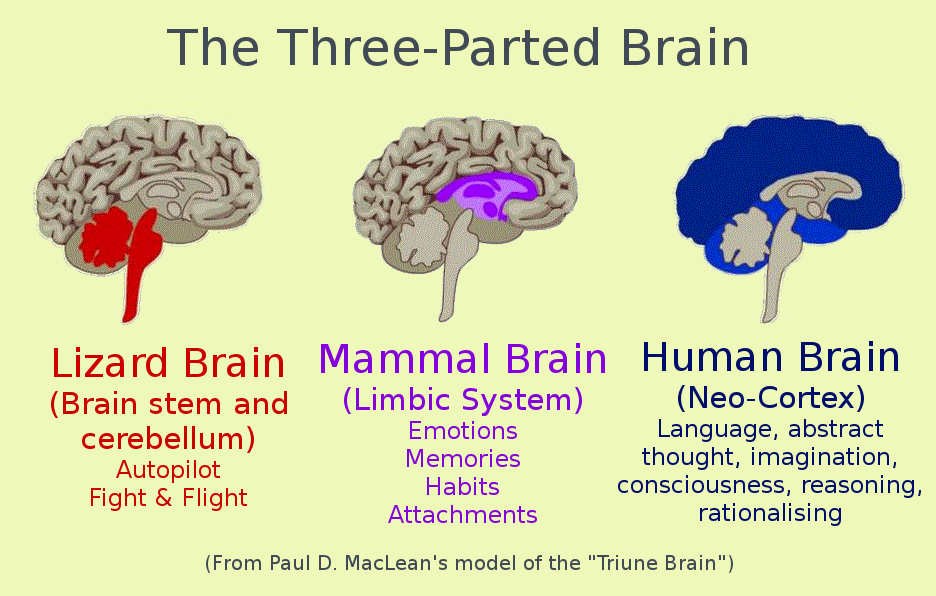How to fall asleep when stressed
How to Get a Good Night Sleep When Stressed
Posted: August 2, 2020
Another sleepless night spent worrying as you stare at the ceiling? Stress and anxiety can often keep you from getting the sleep you need.
Many people with anxiety disorders have trouble sleeping and at some point it’s hard to tell whether you’re having trouble sleeping because you’re anxious, or you’re anxious because you can’t sleep. The answer may be both. The fact is that stress and anxiety can cause sleeping problems, or worsen existing ones. Too little sleep affects your mood and can contribute to irritability and sometimes depression. Vital brain functions occur during different stages of sleep that leave you feeling rested and energized and that help you learn and build memories.
Here are a few tips to help you practice good “sleep hygiene” so you can wind down both your body and mind:
- Go to bed and wake up at the same time every day, even on weekends.
- Be Mindful.
Shortly before bedtime, try a relaxation strategy that incorporates mindfulness, deep breathing, or meditation, all of which boost sleep time and quality.
- Turn Screens Off Early. The blue light emitted by digital devices—including TVs, phones, laptops, and tablets—can throw off your body’s internal clock, so avoid them before bedtime. Finding a tech-free way to wind down can help soothe stress.
- Take a Hot Bath or Shower to Relax. Going from warm water into a cooler bedroom will cause your body temperature to drop, naturally making you feel sleepy.
- Count Sheep. It might sound a little silly, but it works. The reason being when you keep your brain focused on one thing helps you power down. You can also try focusing on your breathing, consciously taking deep breaths in and out, until you feel calmer.
- Avoid caffeine, alcohol, large meals, foods that induce heartburn, and drinking a lot of fluid for several hours before bedtime.
- Exercise Regularly.
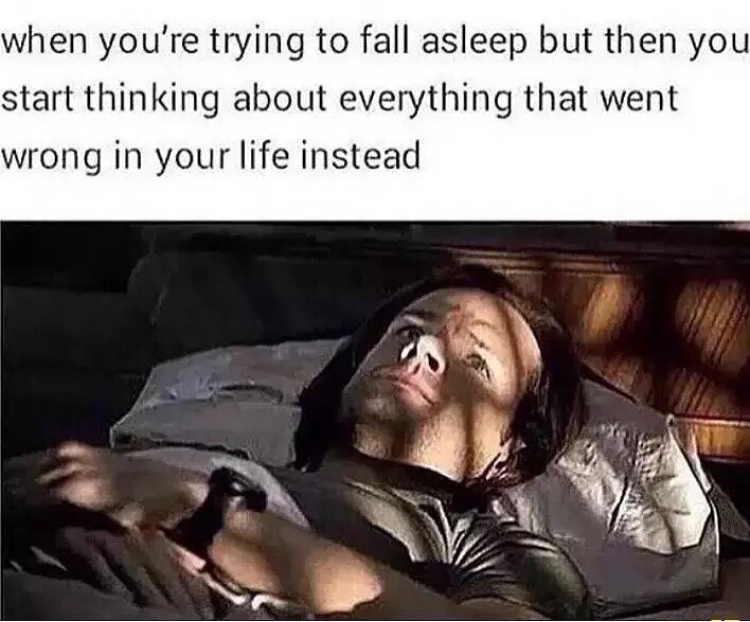 Exercise is a great stress reliever and has been shown to improve the quality of sleep, particularly for people with insomnia. But make sure your more intense workouts aren’t too close to bedtime. Try to get your workouts in at least three hours before you turn in.
Exercise is a great stress reliever and has been shown to improve the quality of sleep, particularly for people with insomnia. But make sure your more intense workouts aren’t too close to bedtime. Try to get your workouts in at least three hours before you turn in.
- Try Worrying Earlier in the Day. When your mind is racing with concerns while you’re trying to fall asleep, that can make it nearly impossible to drift off. Plan for 15 minutes during the day to process these thoughts. Writing a to-do list or thinking about solutions can be a healthy way to deal with stress and prevent it from interfering with sleep later.
- Have an herbal tea. Chamomile and other herbal teas can help relax and sooth the body, which can make it easier to fall asleep. Try pairing it with a good book and making it a mini-routine to end your night.
- If you are having trouble falling asleep after 20 minutes of turning off the lights (or if you wake up and can't fall back to sleep in 20 minutes), get out of bed and do something relaxing until you feel sleepy - like that cup of tea and a book.
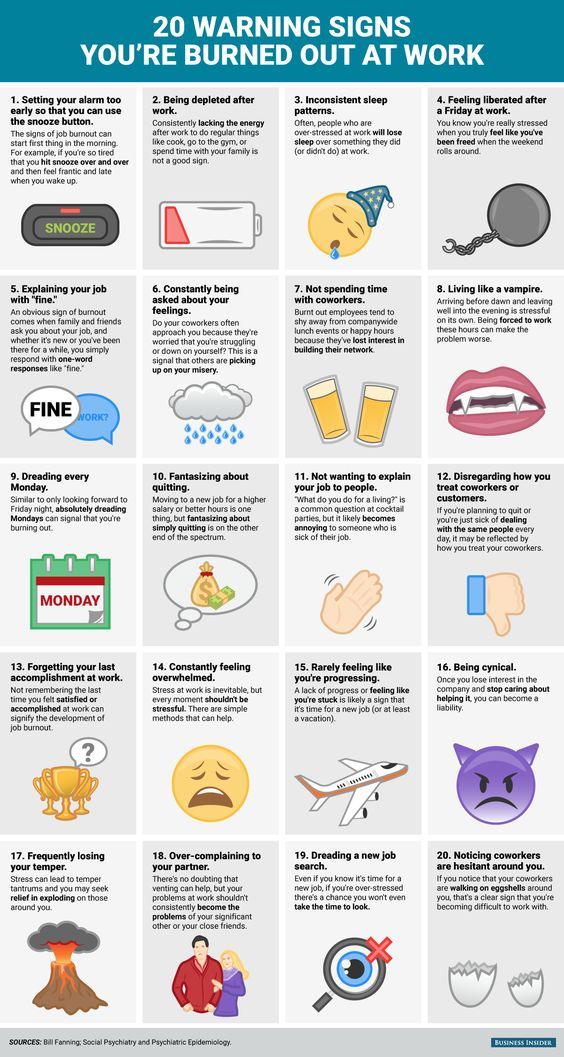
Tags
Anxiety, Tips and Advice
How to Sleep When You’re Stressed and Anxious (16 Tips to Get Zzz’s)
Jump to section
Stress and sleep
How to relieve stress and anxiety to improve sleep
Set yourself up for healthy sleep when stressed or anxious
Most of us have been there before.
A stressful day at work, an argument with a partner, or an event during the day can leave your head spinning. Learning how to sleep when stressed and anxious is important for a variety of reasons.
It doesn’t take long before sleep quality drops and you start to develop a sleep problem. This stops you from getting a good night's rest because you’re too stressed to sleep.
With anxiety driving your mind into overdrive, it can be hard to stop ruminating and relax at the end of the day. Your mind loops around the same track, keeps going over the same conversation, or worries the same unanswerable questions. Often, sleep becomes unattainable.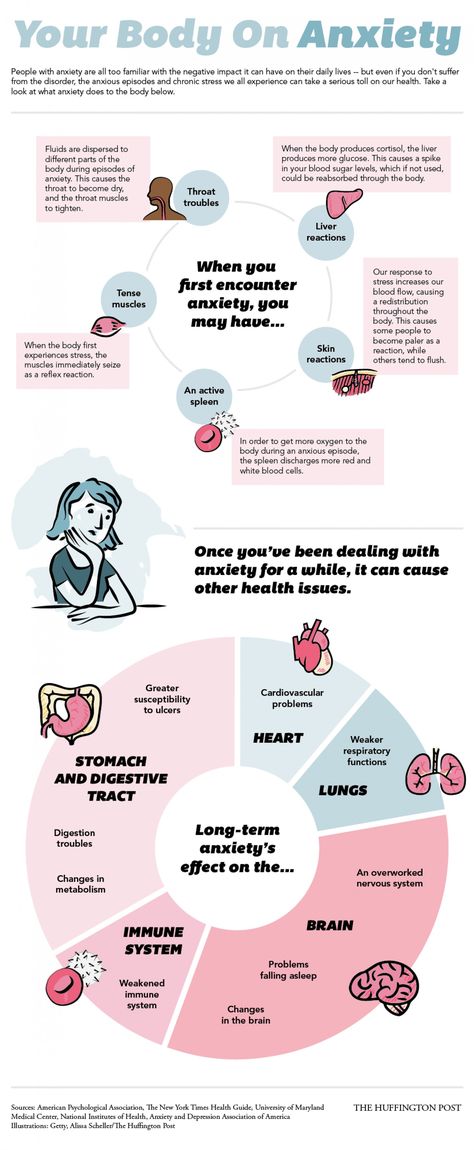
So what comes first, lack of sleep or anxiety?
It’s not so clear cut, one might bring about the other.
Let’s break down both to gain some more insight into how these two issues are related.
Stress and sleep
What happens to our brains when we get anxious?
Our amygdala, a part of the limbic system in the brain, controls our fight, flight, or freeze response. When we are anxious, this is the part of the brain that is first activated.
Once the initial stress response diminishes, we can then get stuck repeatedly thinking about whatever the stressor was.
In the case of chronic stress, our brains and bodies remain in a heightened state of arousal. This is an automatic stress management function and leads to multiple issues.
For example, in the body, constant stress can manifest as tense muscles, gastrointestinal issues, rapid breathing, increased heart rate, fatigue, teeth grinding or clenching as well as a plethora of other symptoms both seen and unseen.
Sleep disturbances are also often a key symptom that the health community uses to diagnose an anxiety disorder or sleep apnea.
Let’s say your brain is stressed and fixated on something. Or, the demands of your life or career leave you constantly worried. There is a higher probability that you are not sleeping as well as you could be. This results in sleep deprivation.
When we sleep, our bodies are able to heal and process events that happen during the day. When we are anxious, our brains have a harder time turning off and allowing sleep to take over, thus decreasing our body's ability to heal itself.
Sometimes, even when we do find sleep, studies have shown that REM sleep (rapid eye movement), a key phase of our sleep cycle, can be disrupted due to a high level of stress.
This can include nightmares for some that cause a further sleep problem.
Sometimes we can become so worried about not being able to get enough sleep that it becomes a self-fulfilling prophecy. We add sleep anxiety to our already anxious state.
We add sleep anxiety to our already anxious state.
Our anxiety grows as we anticipate a sleep disturbance, depriving us of the very thing we are worried about not getting enough of — sleep.
It is probably challenging at best to separate the two from one another.
Let’s talk about the things you can do throughout the day and leading up to bedtime to increase the likelihood that stress will not impact your sleep.
How to relieve stress and anxiety and improve sleep
Preparing yourself for a good night’s rest protected from stress and anxiety begins long before you hit your pillow. Let’s look at tips you can follow during the day that will help you rest easier and sleep better at night.
During the day
Here are six tips you can use during the day to help you learn how to sleep when stressed:
1. Focus on what is within your control
Anxiety is a normal part of the human experience. There will inevitably be times in our lives that our anxiety symptoms peak. Identifying tools to refocus your energy and gain more control over your habits can help you cope with symptoms as they arise.
Identifying tools to refocus your energy and gain more control over your habits can help you cope with symptoms as they arise.
For example, aim to understand the difference between a physical symptom (such as uncomfortableness) and mental factors such as social anxiety. Both can contribute to sleeping problems.
2. Eat healthily
What we eat is something we can control. When we eat things that are unhealthy, our bodies have a response to them. If we eat junk food regularly, our bodies increase inflammation and struggle more to manage anxiety.
However, when we aim to eat a healthy diet full of fresh foods, the opposite happens, and our bodies and minds are given the tools to thrive. This minimizes sleep loss.
3. Exercise
One way to help your sleep and anxiety levels is to exercise. When we do so, our bodies release feel-good chemicals that help us better manage stress and sleep.
Physical activity can also be a great way to reduce negative thoughts and acute stress in a healthy way.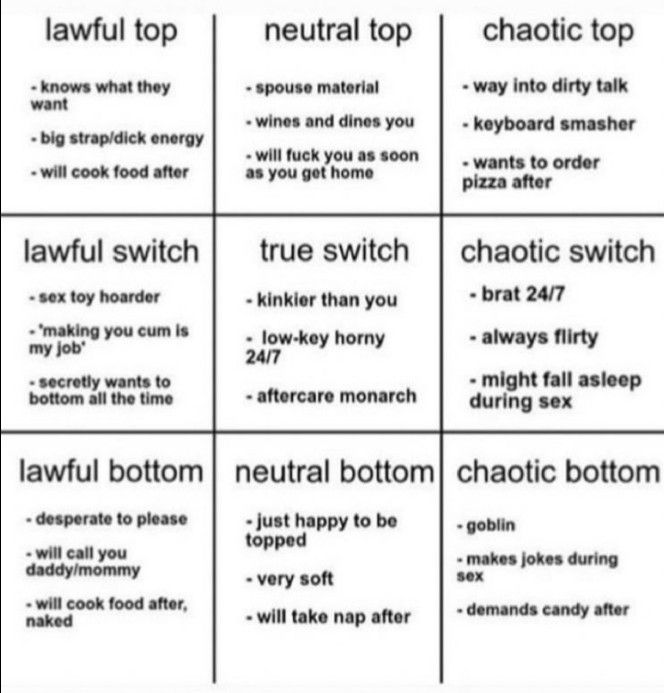
Timing is everything, though, as you want to avoid exercising close to bedtime as it can act as a stimulant. Instead, aim to get exercise earlier in the day whenever possible.
Also, consider practicing progressive muscle relaxation or a deep breathing exercise. These can help ease sleep difficulties, reduce anticipatory anxiety, and result in more restful sleep.
4. Reframe your thoughts
Automatic anxious thoughts, also called cognitive distortions, are one way anxiety shows up for many of us. Some common ones are catastrophizing, filtering, all-or-nothing thinking, "should" statements, and mindreading.
For example, perhaps you got feedback from 20 colleagues, and out of those, one of them was negative.
If you were filtering, also known as disqualifying the positive, you might focus on that one negative piece of feedback rather than seeing it in the context of the whole.
To overcome any automatic thought, there is an easy-to-remember three-step process.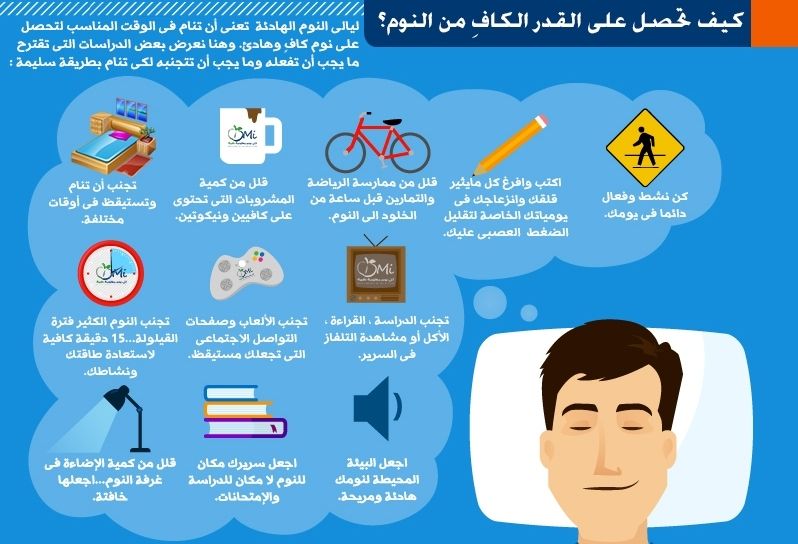
- First, name it. “I am disqualifying the positive feedback I am receiving.”
- Second, check your evidence. In the example of 20 colleagues mentioned above, there were 19 positive feedback statements and one negative. The negative feedback might be something to potentially take into consideration. However, you do not have evidence that it is an accurate critique of your performance given the other feedback you received.
- Third, reframe it. If you can’t get to a positive, try to get to a neutral reframe. For example, “I will work on the area that was brought to my attention. But overall, I can see that my colleagues like and appreciate the work I do.”
5. Practice self-compassion
It is easy to feel overwhelmed from time to time about issues that arise in our lives.
We are often harder on ourselves than we would be on a friend, colleague, or family member. We have a strong inner critic. Next time you make a mistake or feel like you are somehow out of step with your values, try to treat yourself as you might a friend.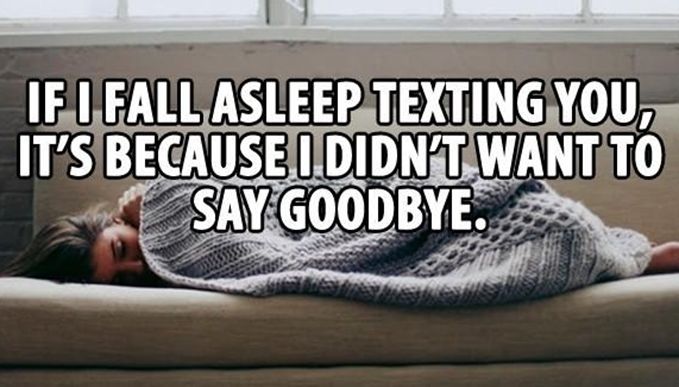
Would you be critical, judgmental, or mean to a friend who came looking for support? Chances are, you would be compassionate and understanding. Try to do the same for yourself and speak to yourself in a kind and supportive manner.
6. Develop a mantra
Find a phrase you can say to yourself that reminds you to keep things in perspective. When developing a mantra, keep it simple. No more than two or three sentences. It can be helpful to have the first part be something relaxing and the second to be forward-facing.
For example: “Take a breath. It will all be okay.” Or, “It is okay to relax. I will get through this as I have done in the past.” Play around with it until you find the right mantra that resonates for you.
Before going to bed
Here are five tips you can use before going to bed to improve your quality of sleep:
1. Develop a nightly routine
Consistently doing the same thing before bed can help your brain identify when it is time to start shutting down for the day.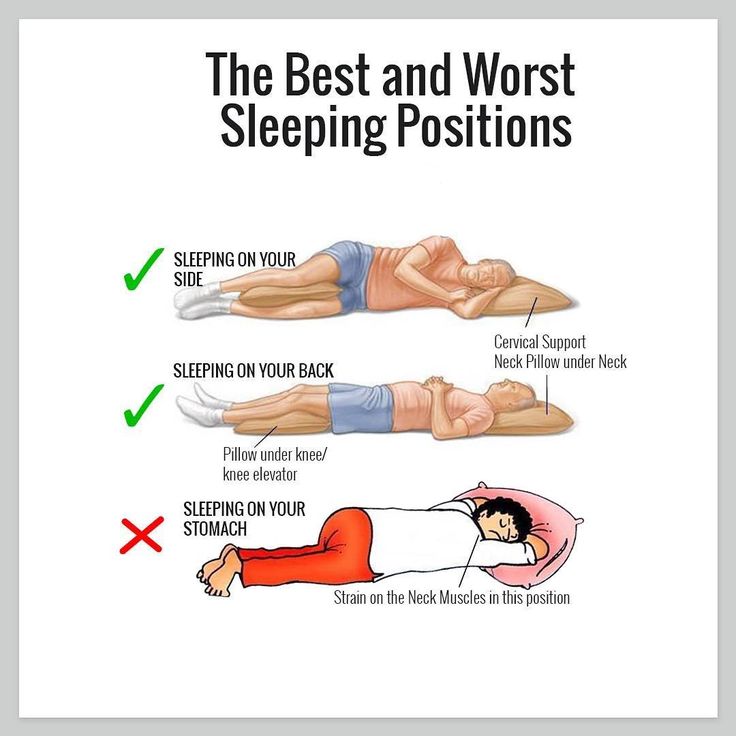 It cues the brain that you will be going to sleep shortly and allows it to start to unwind a bit.
It cues the brain that you will be going to sleep shortly and allows it to start to unwind a bit.
Keeping this routine as consistent as possible is helpful, so the brain recognizes when you do it.
For example, you may wash your face, brush your teeth, and then read a book. Or some like to have a cup of tea or stretch before lying down. There is no right or wrong routine as long as it is something you find soothing and begins at least 30 minutes prior to you lying down for the night.
2. Make lists
If you are the type of person who has a hard time shutting down your mind, try making lists for the next day as you get ready for bed. Are there agenda items for tomorrow that you want to make sure you do not miss? Write them down.
When we do this, we are training our brain that it does not need to hold onto that information and potentially keep us up thinking about it. It relaxes a bit knowing that it is captured somewhere that you can read the following day.
3. Turn off devices
In this modern age, this can be a real challenge for many. Sadly, even with light filters turned on, our devices rob us of melatonin, a key hormone our bodies need to help us fall asleep.
Additionally, consider what type of thing you are doing on the device. This could be one last email or scrolling through social media accounts.
You can actually be activating your mind and causing it to become stimulated rather than cueing it to begin the relaxation process. This contributes to poor sleep hygiene and can actually increase nighttime anxiety.
4. Avoid stimulants
Ensure you are setting yourself up for deep sleep by avoiding alcohol, caffeine, and tobacco in the hours leading up to bed. Caffeine, even several hours before bedtime, can disrupt sleep and cause it to be allusive.
Additionally, while many think that alcohol will help sleep, it can actually do just the opposite. In fact, frequently consuming alcohol before bedtime will have you waking consistently in the middle of the night.
Try replacing your nightcap with a cup of chamomile tea instead, which can help reverse poor sleep quality.
5. Practice mindfulness
Practice some sort of mindfulness. A great one to do before bed is a body scan.
Start by finding a comfortable position, either sitting or lying down. Take a few deep breaths.
Beginning at your feet, slowly move your attention up your body. As you move from your feet to your legs, belly, shoulders, head, and neck, without judgment, simply notice if you are holding any tension in those areas.
Our goal here is to only make a note of it and accept it. If possible, in your mind’s eye, see if the tension you notice has a shape, color, temperature, or texture. Does it move or change as you notice it? Make sure you continue to breathe throughout this exercise.
By bringing awareness to the tension you are feeling, it can often limit its impact on you.
Using other relaxation techniques can also help you successfully practice mindfulness. This could be guided imagery, yoga poses, essential oils, or mindfulness meditation.
This could be guided imagery, yoga poses, essential oils, or mindfulness meditation.
Guided meditation apps can be a great way to deal with a stressful situation and to relieve muscle tension.
Transform your room into a sanctuary for sleep
Here are five tips for transforming your bedroom to promote better sleep:
- Make your bed a relaxing haven: Make sure the bed feels firm enough (but not too firm) for you. Choose a pillow that helps you keep your spine aligned as you sleep. Investing in a weighted blanket can be helpful for those who suffer from anxiety. It also assists in managing stress reduction at night.
- Block out the light: Even light from a cable box, phone, or alarm clock can disrupt sleep. Limit any light sources that you can, install blackout shades or curtains, and consider covering or putting tape over indicator lights on electronics. Investing in a good sleep mask is another way to keep all of the annoying light sources at bay.

- Invest in a sound machine: Often, unusual sounds can wake us from sleep. Having some sort of sound machine or noise masking app can help keep a consistent sound. It drowns out other potentially disruptive noises.
- Turn clocks away from you: When we can’t sleep, we tend to focus on the clock. That isn't helpful. To avoid this, turn your clock away from your gaze before you lay down. If you use your phone for a clock, make sure to put it far enough away so you won't be tempted to pick it up to check the time.
- Find your Goldilocks temperature: Aim for a temperature that is not too hot nor too cold. Either extreme can disrupt sleep for many. Finding the right temperature will result in better sleep. Some people find that wearing socks to bed helps them fall asleep without layering on too many blankets that will cause overheating later.
Set yourself up for healthy sleep when stressed and anxious
If you try all of these steps and still struggle to sleep soundly, consider reaching out to your doctor or a sleep expert for support. Treatments for a generalized anxiety disorder or a sleep disorder can vary significantly.
Treatments for a generalized anxiety disorder or a sleep disorder can vary significantly.
One mental health treatment, Cognitive Behavioral Therapy for Insomnia (CBT-I), is an evidence-based therapeutic technique that looks at the interplay of thoughts, feelings, and behaviors that can impact sleep.
By working with a trained therapist, even those who have struggled for years with their sleeping habits can find relief and a restorative night of slumber.
Your sleep and anxiety are interconnected. Finding ways to better manage one will ultimately help you find relief with the other.
For more help combatting stress and improving your overall well-being, consider working with a BetterUp coach.
Somnologist named six ways to fall asleep under severe stress
Plot:
VM Exclusives well-chosen ambient sounds - all this can help to fall asleep under stress. In addition, you can speed up falling asleep by doing household chores.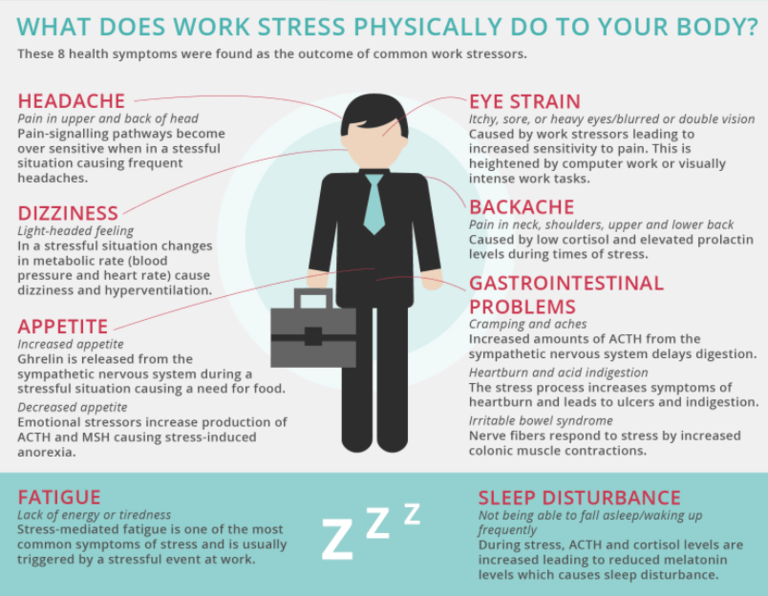 A somnologist, head of the FMBA Sleep Medicine Center, Alexander Kalinkin, told Evening Moscow about this.
A somnologist, head of the FMBA Sleep Medicine Center, Alexander Kalinkin, told Evening Moscow about this.
According to the specialist, anxiety often causes problems with sleep.
— Negative and positive stresses are one of the main causes of insomnia. In an acute situation, falling asleep is a very difficult task, it all depends on the level of emotional stress that a person experiences, the expert said.
The interlocutor of “VM” emphasized that it is possible to speed up falling asleep with the help of physical activity. However, it should not be too intense, it should not be resorted to right before bedtime: this will only worsen the situation, Kalinkin warned.
It is also very important to try to relax the muscles, the specialist advised.
— If a person has the ability to control his condition, then he can improve falling asleep by self-hypnosis due to muscle relaxation and disconnection from the emotional situation that has arisen, — the expert noted.
Drinks containing caffeine, in particular, energy drinks, can also affect the quality of sleep, the specialist emphasized. If you have problems with sleep, it is better to refuse them, the somnologist advised.
Kalinkin drew attention to the fact that you should not drink alcohol to make falling asleep easier.
— It is better not to take alcohol. Yes, after alcohol, a person will fall asleep faster, relax, but he will wake up earlier and still be overwhelmed and tired. Therefore, it is better to refuse this method, the specialist recommended.
It is necessary to fall asleep in a dark room, the interlocutor of “VM” noted. In addition, before going to bed, it is advisable to give up the phone and computer, as well as other light sources, Kalinkin emphasized.
Properly chosen environmental sounds can also help overcome insomnia, the physician noted.
- A good way to fall asleep quickly is to create "white noise". For example, the sounds of the sea, falling water, waterfall, foliage. All this distracts a person from thoughts. You can put a quiet movie on your phone, but the screen should not be turned on, Kalinkin recommended.
All this distracts a person from thoughts. You can put a quiet movie on your phone, but the screen should not be turned on, Kalinkin recommended.
If you can't fall asleep for twenty minutes, you can do household chores, the specialist noted. At the same time, the lighting in the room should not be bright. After a while, it will be easier for a person to tune in to sleep, the interlocutor of VM emphasized.
All of the above methods also help with chronic insomnia, which lasts more than three months, emphasized the interlocutor of "VM". At the same time, if prolonged insomnia is caused by constant stress, it is important to eliminate the problem, the specialist noted.
- A constant stimulus will not contribute to the quality of sleep. If, for example, a person does not like his work, he cannot fall asleep because of this, you need to either change work or change your attitude towards it, the somnologist concluded.
Health Experts somnologist
The doctor told how to fall asleep under stress - Gazeta.
 Ru The doctor told how to fall asleep under stress - Gazeta.Ru | News
Ru The doctor told how to fall asleep under stress - Gazeta.Ru | News Tarasov: Volkov is great, I have admired him since his performances in M1 14:08
Analyst Amiraghyan said that the EU may refuse LNG from Russia due to US supplies and... 14:07
Biden removes Trump red from new presidential jet livery 14:06
Polish Prime Minister Morawiecki called NATO the strongest military alliance in history 14:06
The traffic police reported the cause of an accident with 21 cars in the Saratov region 14:05
Masalitin praised Spartak's form after the victory... 14:03
Putin will visit the Russian region next week on a working trip 14:02
Russian Foreign Ministry: only the Ukrainian part of the grain deal is still being effectively implemented 13:59
In Podolsk, a 24-year-old local resident was stabbed to death in a restaurant 13:57
RIA Novosti: the Russian military announced their readiness to meet in battle. .. 13:56
.. 13:56
close
100%
“White noise”, refusal of coffee and alcohol, as well as sports and household chores will help you fall asleep with stress, told the head of the FMBA Sleep Medicine Center, somnologist Alexander Kalinkin.
"Negative and positive stresses are one of the main causes of insomnia," the Vechernyaya Moskva newspaper quotes him.
According to the doctor, physical exercises will help you fall asleep faster. However, you should not exercise right before going to bed - this will only aggravate the situation.
“Alcohol is better not to take. Yes, after alcohol, a person will fall asleep faster, relax, but he will wake up earlier and still be overwhelmed and tired. Therefore, it is better to refuse this method, ”added the somnologist.
In order not to become a victim of insomnia, Kalinkin also recommends giving up coffee.
“A good way to fall asleep quickly is to create white noise. For example, the sounds of the sea, falling water, waterfall, foliage. All this distracts a person from thoughts. You can put a quiet movie on your phone, but the screen should not be turned on,” the specialist noted.
If you can't fall asleep for more than 20 minutes, you can do household chores, Kalinkin said: it will be easier to tune in to sleep.
Previously, Gazeta.Ru wrote how doctors recommend fighting the autumn blues.
Subscribe to Gazeta.Ru in News, Zen and Telegram.
To report a bug, select the text and press Ctrl+Enter
News
Zen
Telegram
Picture of the day
Military operation in Ukraine. Day 382
Online broadcast of the special military operation in Ukraine — Day 382
"Europe is on the brink of a great catastrophe.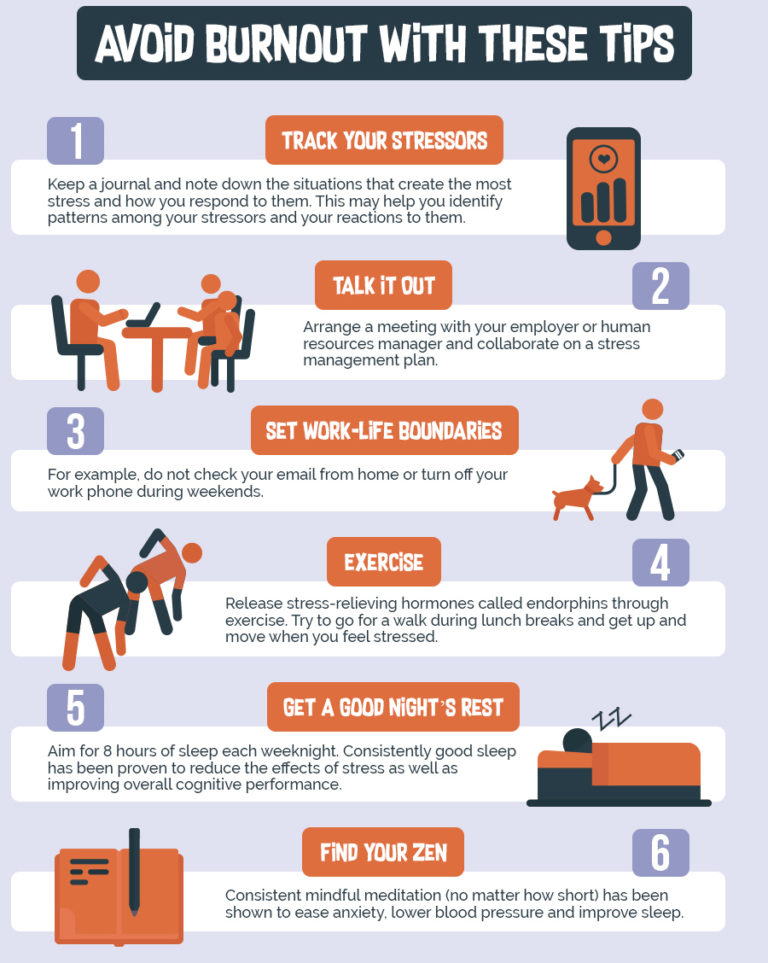 " Two variants of spring offensives in Ukraine
" Two variants of spring offensives in Ukraine
Asia Times: US can help Ukraine in its offensive against Crimea
"We cannot lower EU membership standards." Prospects for Ukraine's accession to the European Union
Ex-Speaker of the European Parliament believes that Poland and Hungary "prevent Ukraine from becoming a member of the EU"
The Moldovan police claim that the special services of the Russian Federation were preparing riots in Chisinau
Marochko: Russian units took advantageous positions in the industrial area of Artemovsk
Moscow Department of Transport reported possible delays in ground transport due to bad weather
112: son of State Duma deputy Boris Ivanyuzhenkov is suspected of murdering a 23-year-old man
News and materials
Tarasov: Volkov is great, I admire him since his performances in M1
Analyst Amiraghyan said that the EU may refuse LNG from Russia due to US and Qatar supplies
Biden removes Trump's red color from new presidential jet livery
Polish Prime Minister Morawiecki called NATO the strongest military alliance in history
The traffic police reported the cause of an accident with 21 cars in the Saratov region
Masalitin highly appreciated the form of "Spartak" after the victory over "Fakel"
Putin will visit the Russian region next week on a working trip
Russian Foreign Ministry: only the Ukrainian part of the grain deal is still being effectively implemented
In Podolsk, a 24-year-old local resident was stabbed to death in a restaurant
RIA Novosti: the Russian military announced their readiness to meet in battle with Western tanks
Muscovite jumped off the Crimean bridge to prove to his beloved that he was not weak
Billionaire Ekman announced a possible "collapse of the economy" due to the bankruptcy of the bank SVB
Senator Karasin commented on the visit of the President of Georgia to the USA
Masalitin about Lokomotiv: nonsense that they were at the bottom of the standings
China tested a neural network for the development of warships
Director Svetozarov remembered how he met Sergei Selin in the 90s
In St.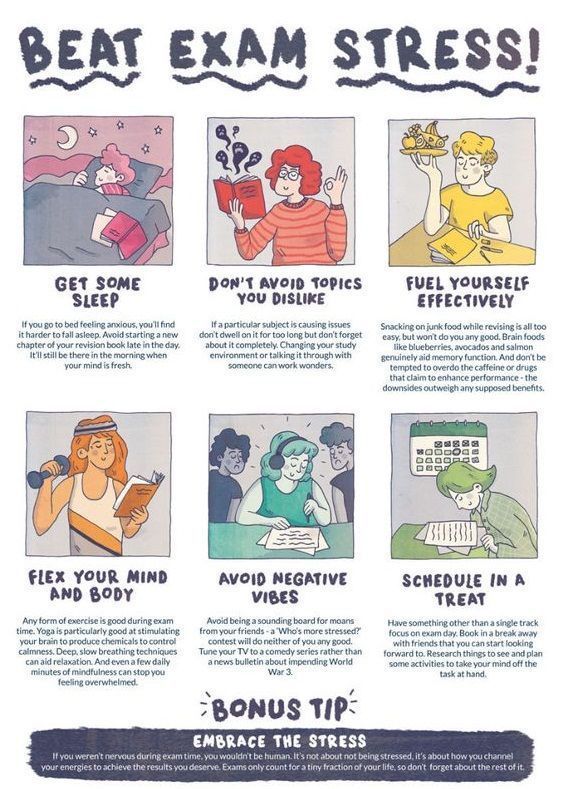 Petersburg, a driver shot at a pedestrian because of a remark
Petersburg, a driver shot at a pedestrian because of a remark
Dziuba shared his impressions of the game with Akhmat as the captain of Lokomotiv
All news
"Any fighter of the Armed Forces of Ukraine is a greater pacifist than opponents of arms supplies." The main thing from Kuleba's interview
Kuleba advised the Germans protesting against the supply of weapons to the Armed Forces of Ukraine to change their slogans
Alena Solntseva
From love to hate
About the relationship of mothers with sons
Singer Nyuta: “I was told after the collapse of Ranetki: it’s good that I’m still alive and not hanging around”
Singer Nyuta spoke about the failed collaboration with Fadeev, Ranetki and a new experience in creativity
Quiz: how well do you remember Russian TV series of the 2000s
Recall the movie that helped to distract from all problems and worries for an hour a day
“Once they talked about literature”: the Pope spoke about conversations with Putin
Pope Francis called Putin a cultured person
Investigative Committee: head of Sretensk was detained for attempting to hit a policeman with an ax
Investigative Committee accused the head of Sretensk of drunk driving and attempting to hit a policeman with an ax
"Miss Chanel of the Soviet Union". Irina Ponarovskaya - 70
“Something is wrong with you”: Oscar organizers denied Zelensky a speech
Kuleba accused the Oscar leadership of hypocrisy because Zelensky was denied an appeal
“Our answer? Of course, not Hohlandia. Moscow appreciated the initiative of Ukraine to rename Russia to Muscovy
Medvedev called for the renaming of Ukraine to Schweinisch Bandera-Reich
"The front line now runs along the Bakhmutka River in the city center.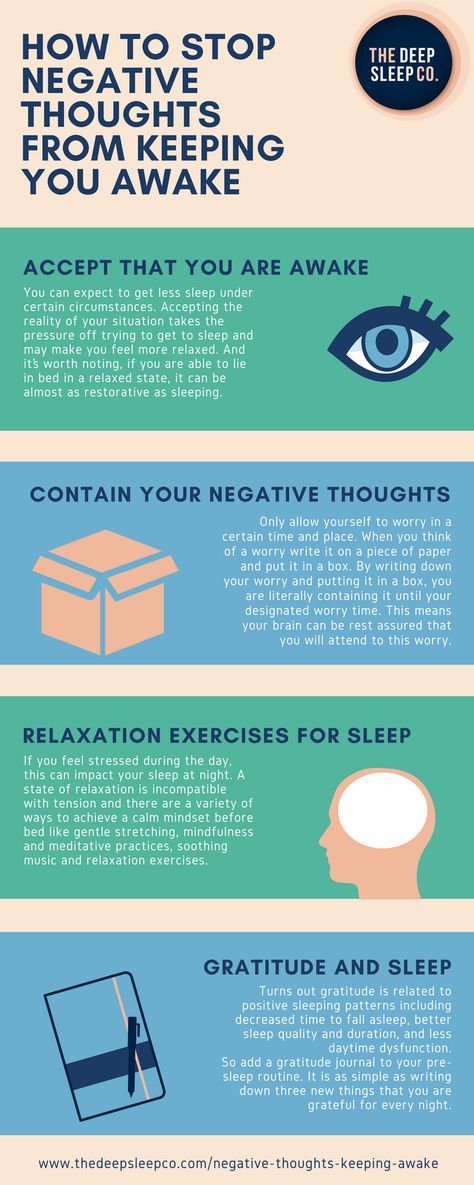 " What is happening in Bakhmut
" What is happening in Bakhmut
RT: Wagner units cross Bakhmutka and break through to the center of Artemovsk
Ukraine will consider renaming Russia to Muscovy. The idea was supported by 25,000 Ukrainians
Zelensky instructed the prime minister to "carefully work out" the issue of renaming Russia to Muscovy
I became a godmother for my friends son, and now they demand expensive gifts from me
An entrepreneur from Moscow talks about the obligations of a godmother
Military operation in Ukraine. Day 381st
Online broadcast of the special military operation in Ukraine — Day 381
Alena Solntseva
From love to hate
About the relationship of mothers with sons
Anna Konyaeva
Not a family business
How to painlessly divide a business in a divorce
"Give me a Bite"
Is the guest always right?
About proper service in restaurants
Anastasia Mironova
Deity named registration
About how the chances of life in Russia still depend on the place of registration
Maria Degtereva
And who is this?
How and why people boast of ignorance
-->
See also
How Siberia will change in the new conditions
Murmansk, Khakassia, Perm region: where you can relax this year instead of Sochi
Chocolate, sex and cold. What can cause a headache and how to deal with it
Quiz: find out which car suits you
Not only Atomic Heart.
